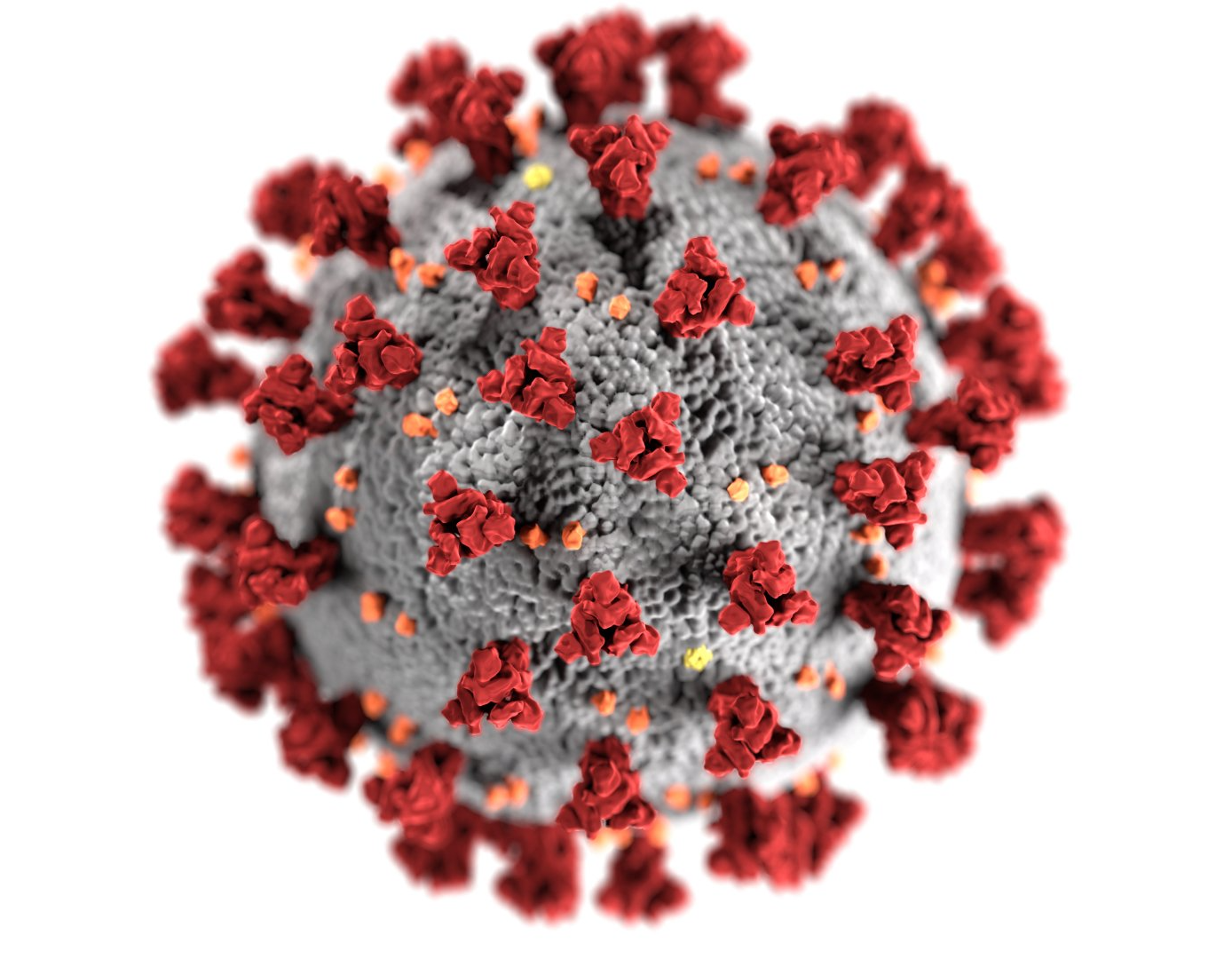
COVID-19
-
Are the vaccines safe?
Scientists have been working for many years to develop vaccines against viruses like the one that causes COVID-19. This knowledge helped speed up the initial development of the current COVID-19 vaccines. All vaccines in the United States must go through three phases of clinical trials to make sure they are safe and effective. During the development of COVID-19 vaccines, phases overlapped to speed up the process, but all phases were completed. Before vaccines are available to people, the U.S. Food and Drug Administration (FDA) assesses the findings from clinical trials. FDA determined that the three Covid-19 vacciners were safe and effective.
-
What are the ingredients in COVID-19 vaccines?
Vaccine ingredients vary by manufacturer. None of the vaccines contain eggs, gelatin, latex, or preservatives. All COVID-19 vaccines are free from metals such as iron, nickel, cobalt, lithium, and rare earth alloys. They are also free from manufactured products such as microelectronics, electrodes, carbon nanotubes, or nanowire semiconductors.
-
If I am pregnant or planning to become pregnant, can I get a COVID-19 vaccine?
Yes, COVID-19 vaccination is recommended for people who are pregnant, breastfeeding, trying to get pregnant now, or who might become pregnant in the future. You might want to have a conversation with your healthcare provider about COVID-19 vaccination. While such a conversation might be helpful, it is not required before vaccination. If you are pregnant and have received a COVID-19 vaccine, we encourage you to enroll in v-safe, CDC’s smartphone-based tool that provides personalized health check-ins after vaccination. A v-safe pregnancy registry has been established to gather information on the health of pregnant people who have received a COVID-19 vaccine.
-
Why should my child get vaccinated against COVID-19?
Vaccinating children ages 5 years and older can help protect them from getting COVID-19, spreading the virus to others, and getting sick if they do get infected. While COVID-19 tends to be milder in children than adults, it can make children very sick, require hospitalization, and some children have even died. Children with underlying medical conditions are more at risk for severe illness compared to children without underlying medical conditions.
Getting your child vaccinated helps to protect your child and your family, including siblings who are not eligible for vaccination and family members who may be at risk of getting very sick if infected. Vaccination is now recommended for everyone ages 5 years and older. Currently, the Pfizer-BioNTech COVID-19 vaccine is the only one available to children ages 5 years and older.
COVID-19 vaccines have been used under the most intensive safety monitoring in U.S. history. Scientists have conducted clinical trials with thousands of children, and the results show that COVID-19 vaccines are safe and effective.
Your child may have some side effects, which are similar to those seen with other routine vaccines and are a normal sign that their body is building protection. These side effects may affect their ability to do daily activities, but they should go away in a few days. Some people have no side effects and severe allergic reactions are very rare.
-
What should I know about the booster?
Everyone ages 16 years and older can get a booster shot after they have completed their COVID-19 vaccine primary series. People ages 16 to 17 years old can get the Pfizer-BioNTech COVID-19 booster shot.
People ages 18 years and older have the option to either get the same COVID-19 vaccine product as their primary series, or to get a different COVID-19 vaccine. People may have a preference for the vaccine type that they originally received, or they may prefer to get a different booster. CDC’s recommendations now allow for this type of mix and match dosing for booster shots (Pfizer-BioNTech, Moderna, or J&J/Janssen) for people ages 18 years and older. You may consider the benefits and risks of each product and discuss with your healthcare provider which COVID-19 vaccine product is the most appropriate booster for you.r of vaccine doses you need depends on which vaccine you receive.
References:
- Florida Department of Health
- Center for Disease Control
- ACAAI. American College of Allergy, Asthma, and Immunology Releases Guidance on Risk of Allergic Reactions to the Pfizer-BioNTech COVID-19 Vaccine. https://acaai.org/news/american-college-allergy-asthma-and-immunology-releases-guidance-risk-allergic-reactions-pfizer. Accessed December 16, 2020.
Allergy Associates of the Palm Beaches
Allergy Associates of the Palm Beaches | All Rights Reserved.
